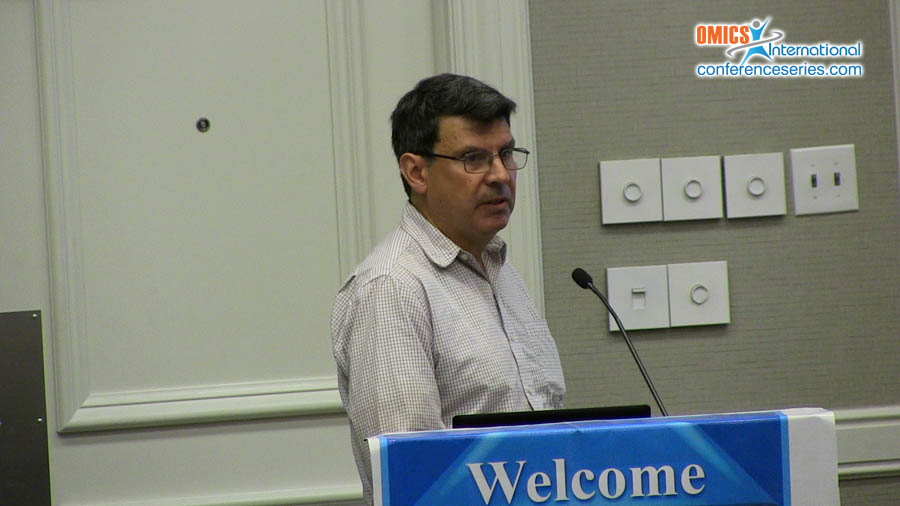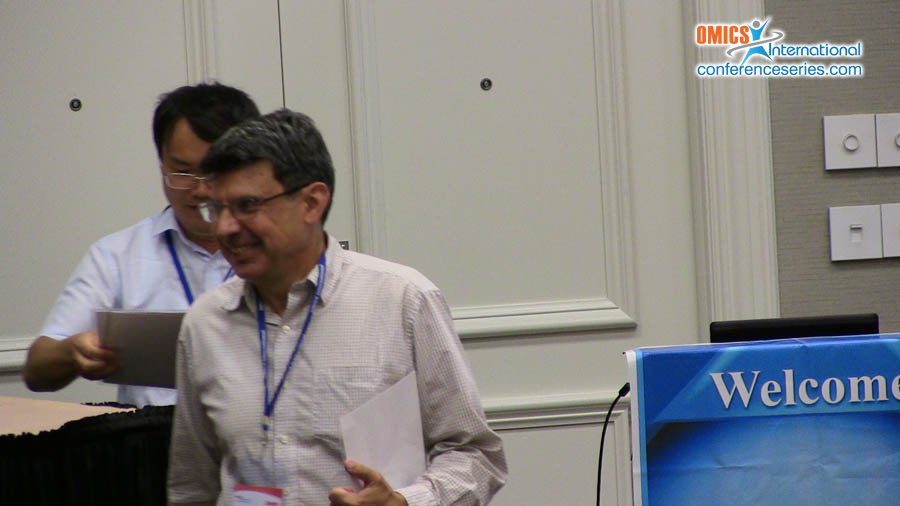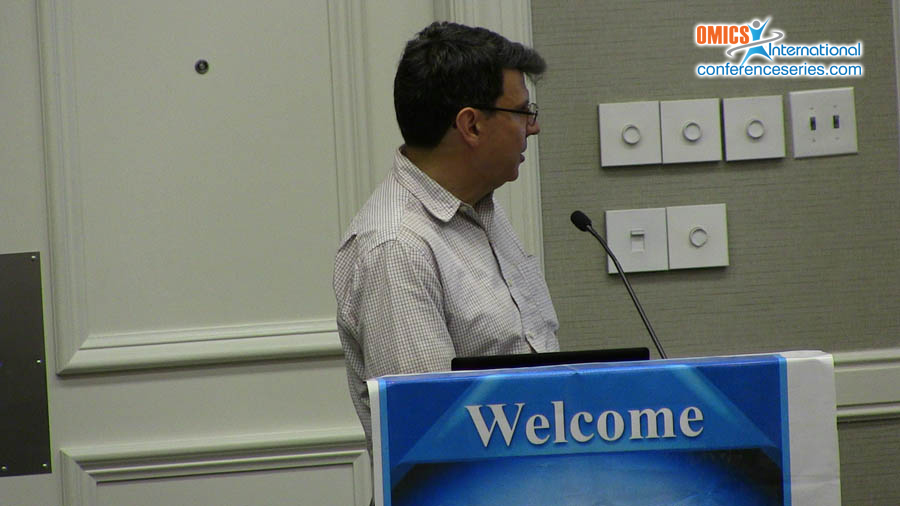
Michael Fasullo
State University of New York Polytechnic Institute, USA
Title: Determining genetic susceptibility to food carcinogens using Saccharomyces cerevisiae (Budding Yeast)
Biography
Biography: Michael Fasullo
Abstract
The human response to environmental carcinogens that require bioactivation is highly variable. Environment, lifestyle, and genetics are factors that influence bioactivation. Genetic factors include polymorphic P450 and DNA repair genes; however, epidemiological studies may lack significance due to inadequate patient numbers. We used budding yeast as a model organism to determine genetic susceptibility to food-associated carcinogens, including benzopyrene (BaP), aflatoxins (AFB1) and heterocyclic aromatic amines (HAAs). Budding yeast does not contain P450s that activate these compounds, so we introduced expression vectors that contain specific human P450 and NAT2 genes. In yeast, either CYP1A2 or CYP1A1 activates AFB1, while both CYP1A2 and NAT2 are required for activation of IQ. To measure genotoxic effects, we measured recombination and mutation frequencies, Rad51 foci, growth inhibition and DNA adducts, as in a previous publication concerning CYP1A2 polymorphisms. Here, we analyzed two CYP1A1 polymorphisms, T461N and I462V, correlated with breast and lung cancer. Although some studies have suggested that these polymorphisms confer reduced activity, both CYP1A1 polymorphisms are highly efficient at activating the AFB1and benzo[a]pyrene dihydrodiol (BaP-DHD). To determine resistance genes, we used a high throughput approach for screening the yeast deletion library expressing specific P450 genes. Screens for aflatoxin resistance identified checkpoint and RNA metabolism genes that are mutated in cancers. We are now performing screens to identify genes involved in resistance to 2-amino-3-methylimidazo [4,5-f] quinoline (IQ). Preliminary data identified both recombinational repair and DNA damage tolerance genes. Further high throughput analysis will be performed using other food carcinogens, including 2-amino-1-methyl-6-phenylimidazo [4,5-b] pyridine (PhIP) and 2-amino-3,8- dimethylimidazo [4,5-f] quinoxaline (MeIQx).
Speaker Presentations
Speaker PPTs Click Here





